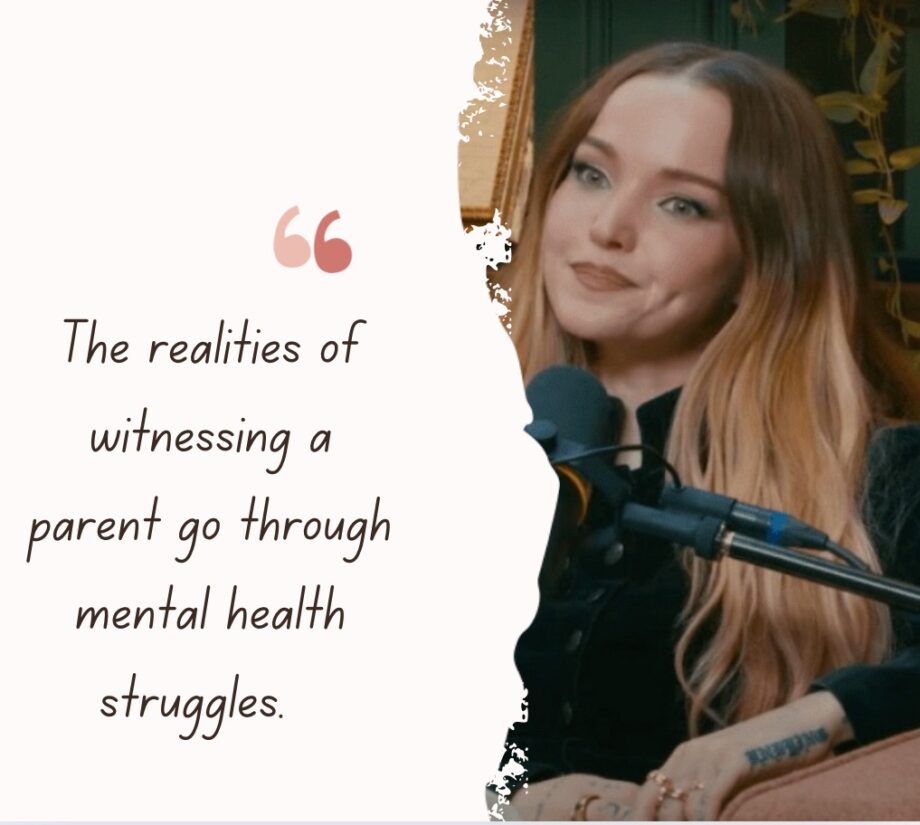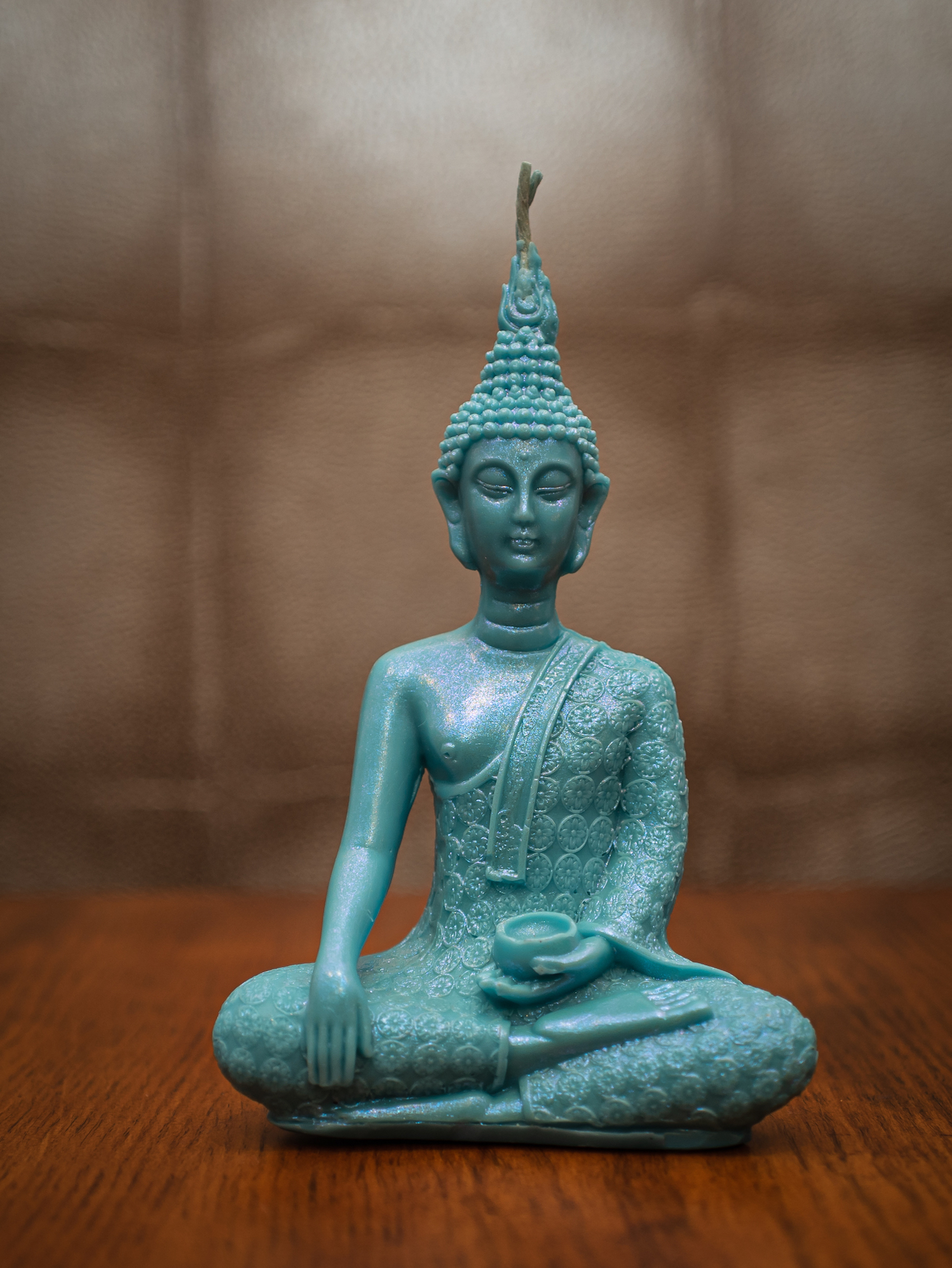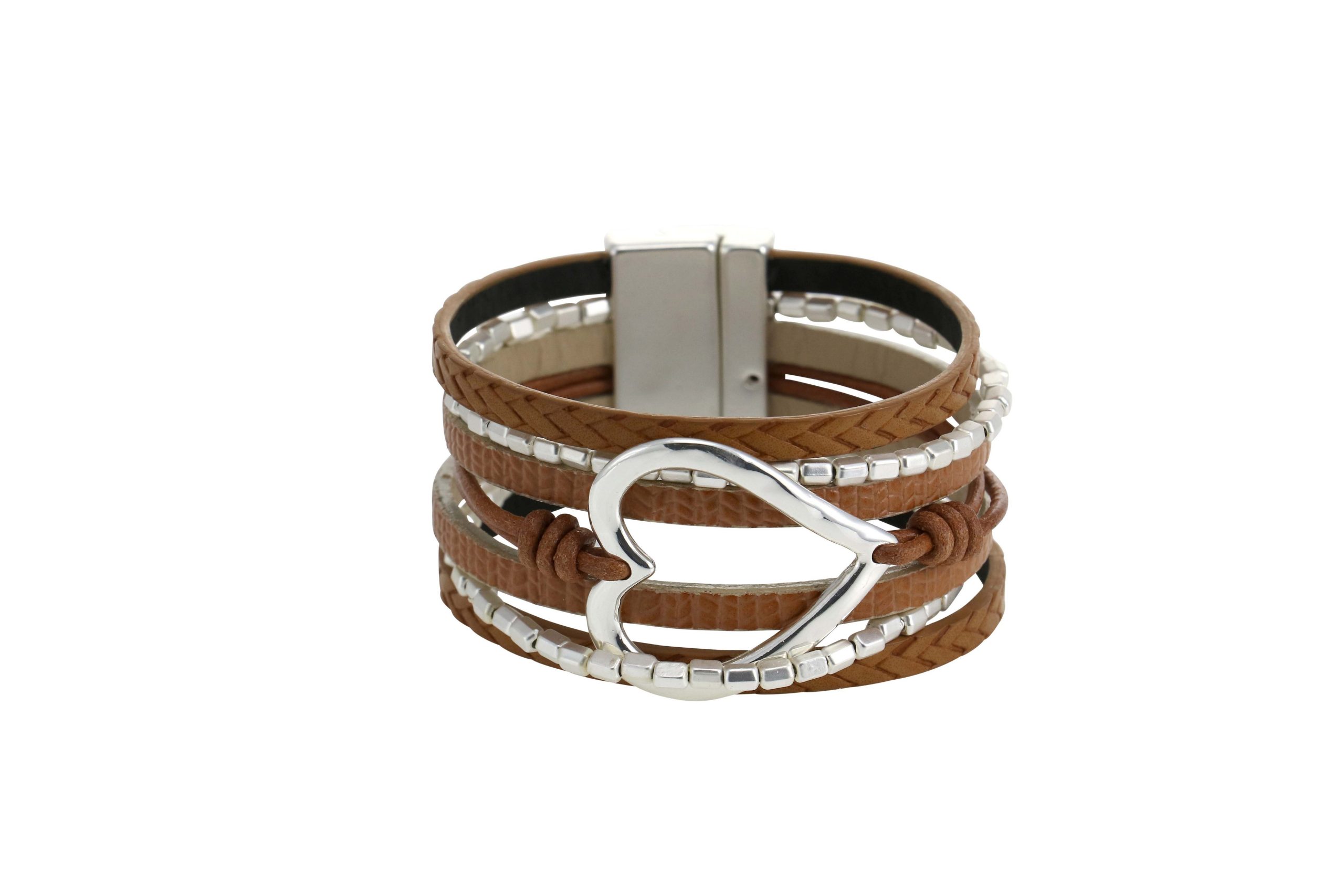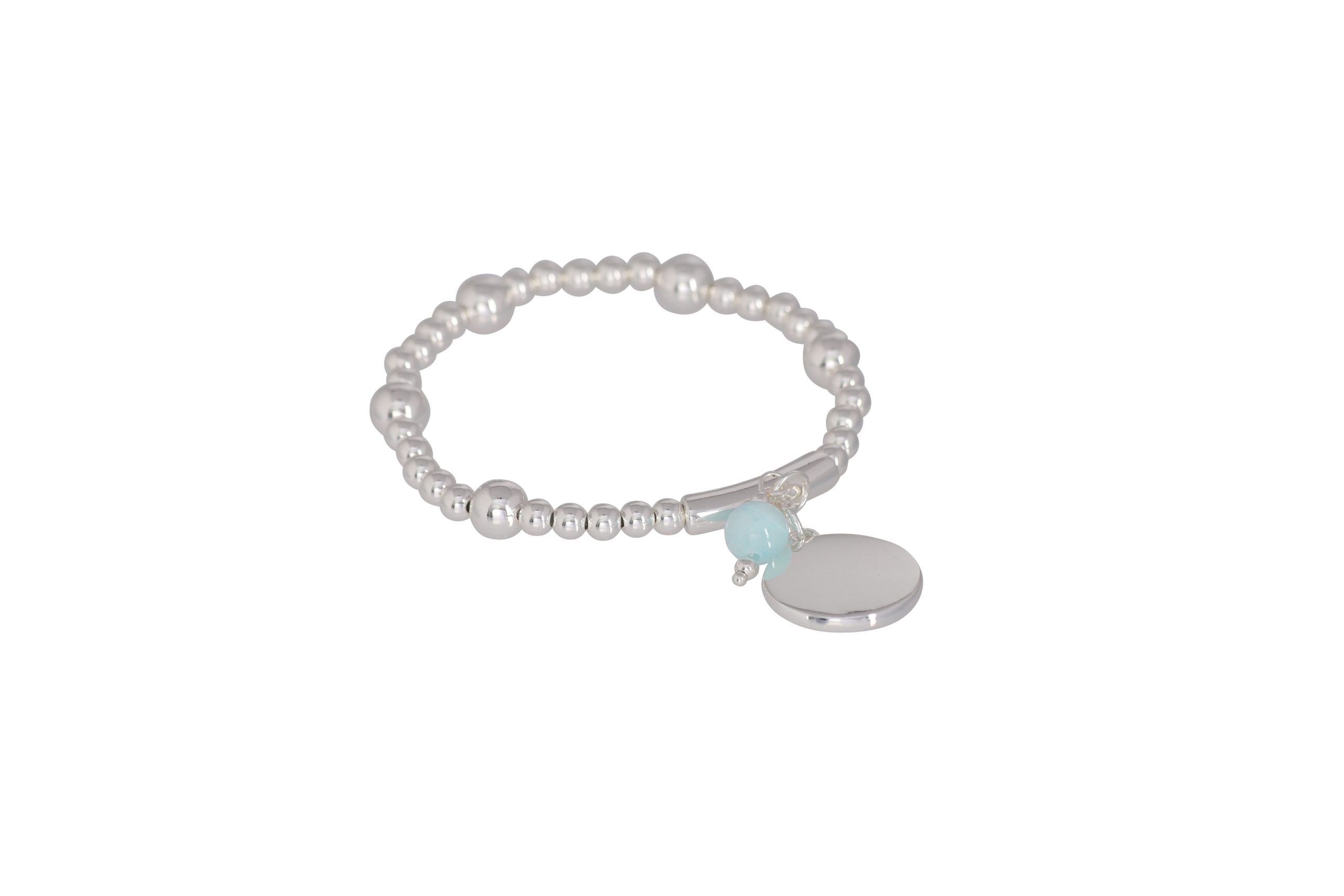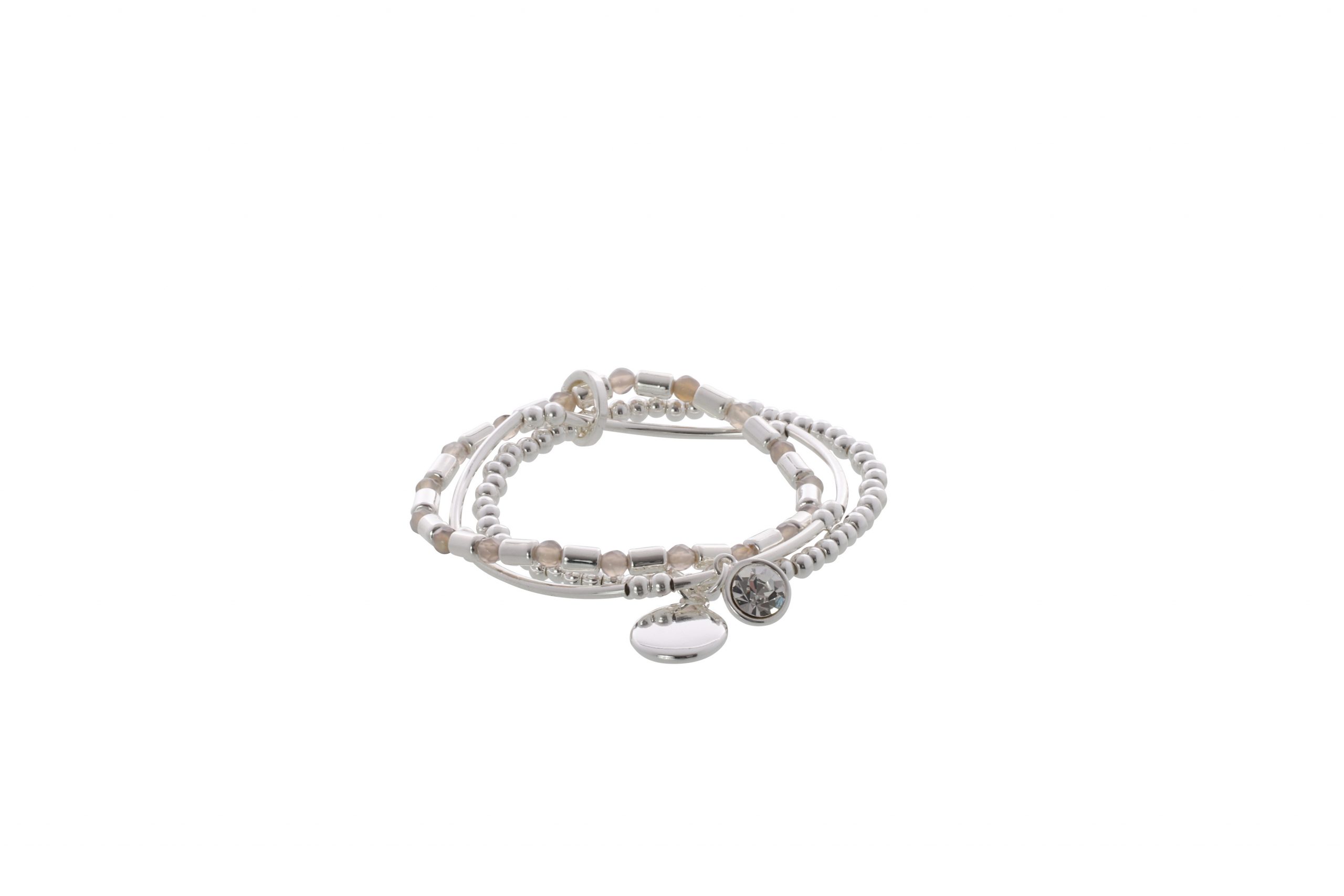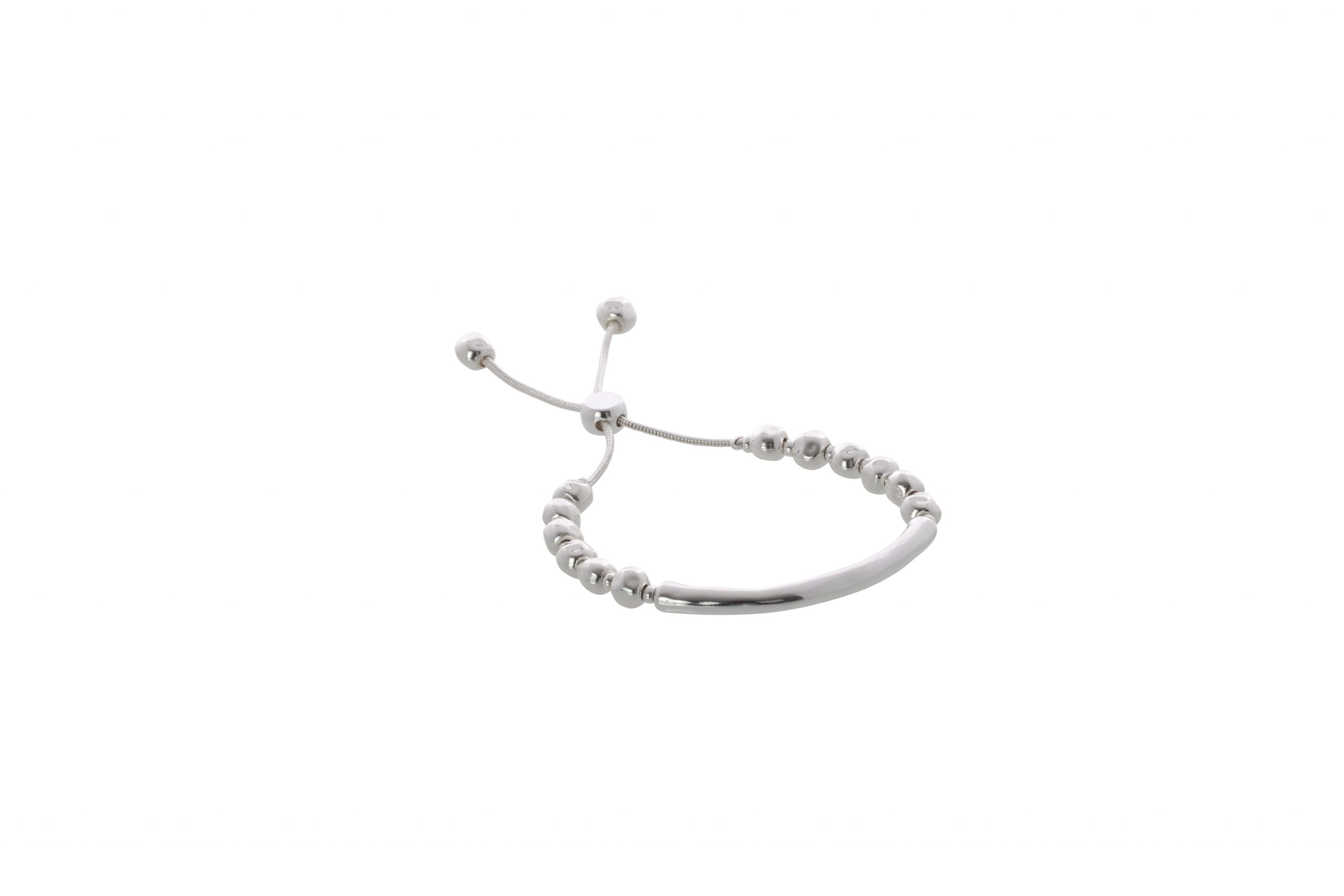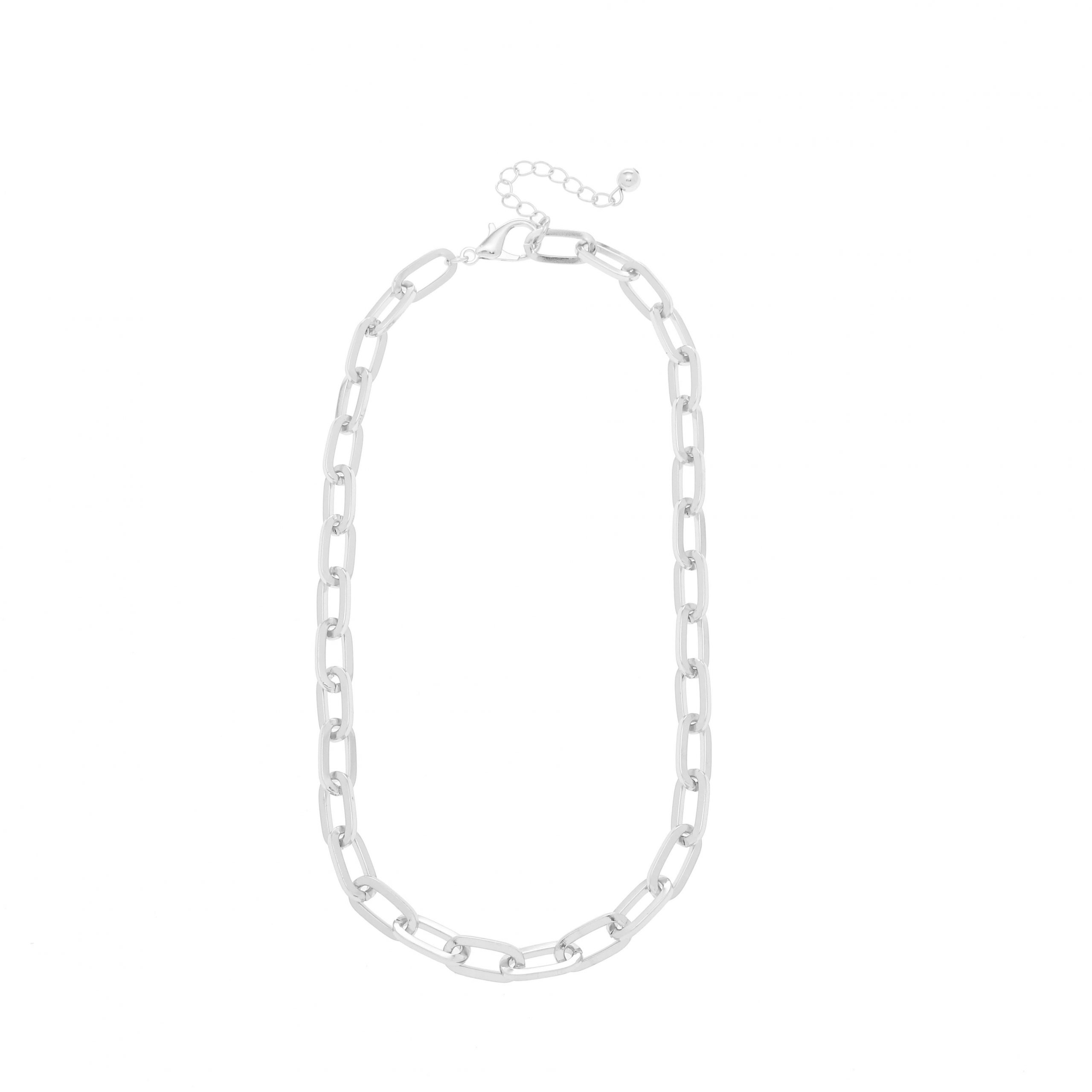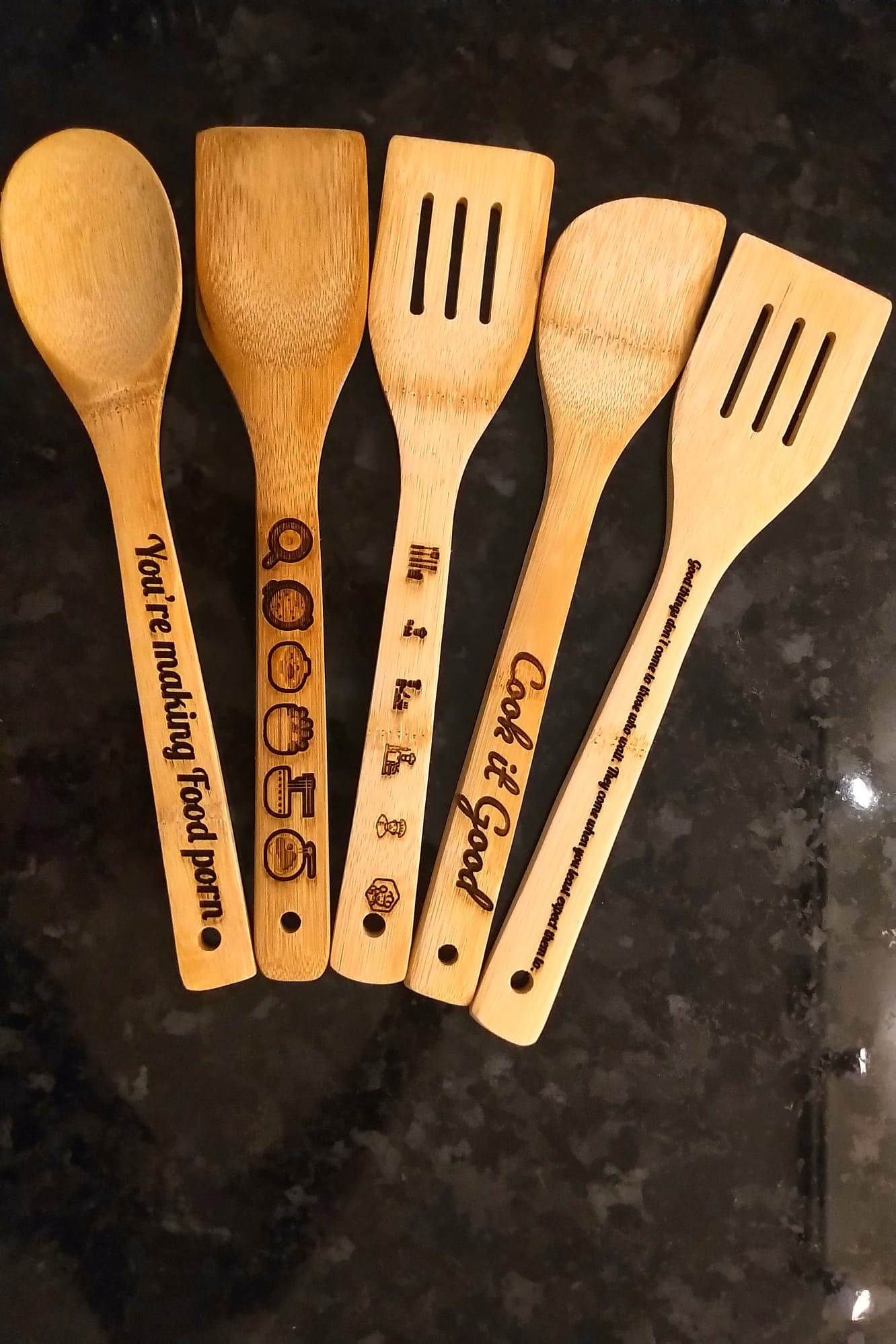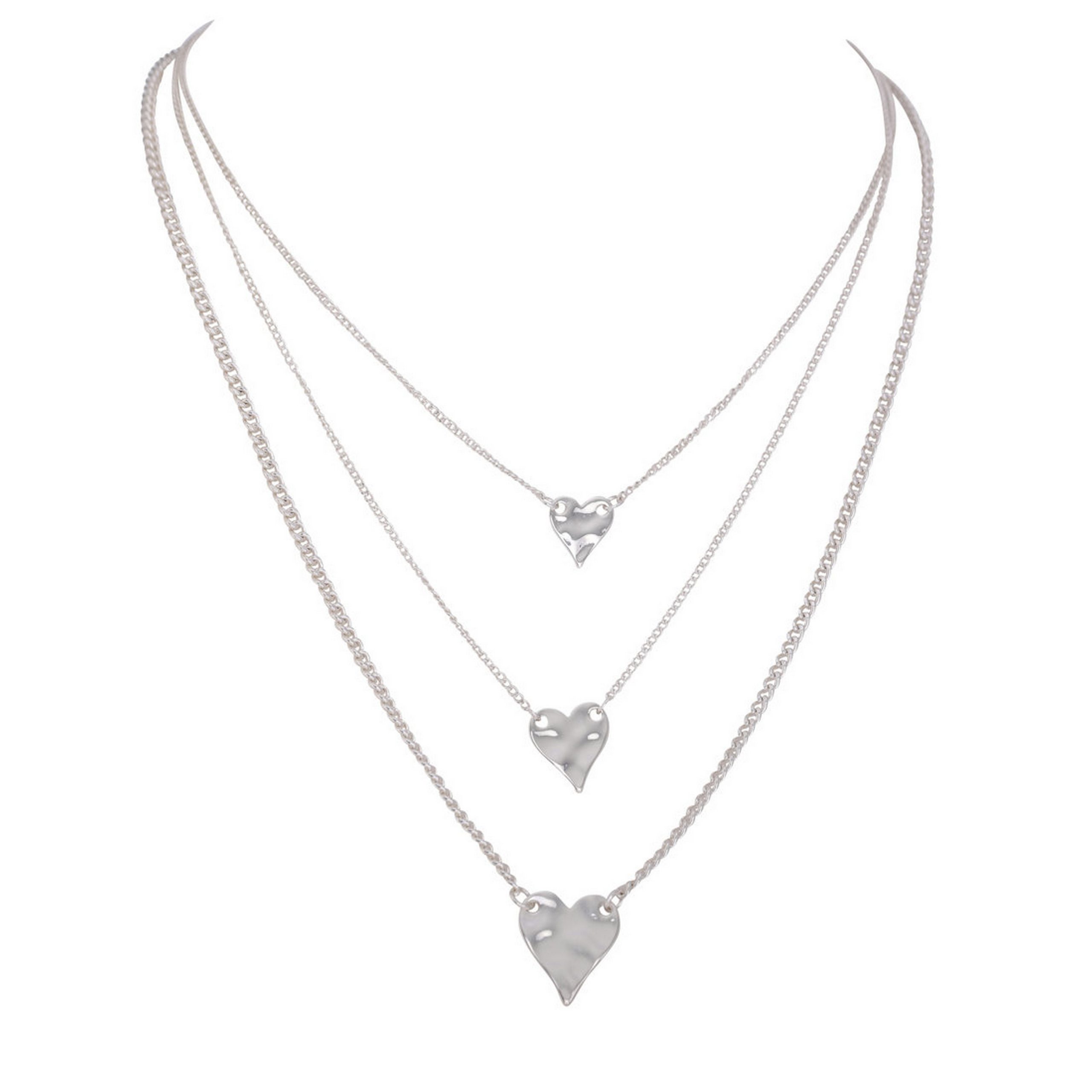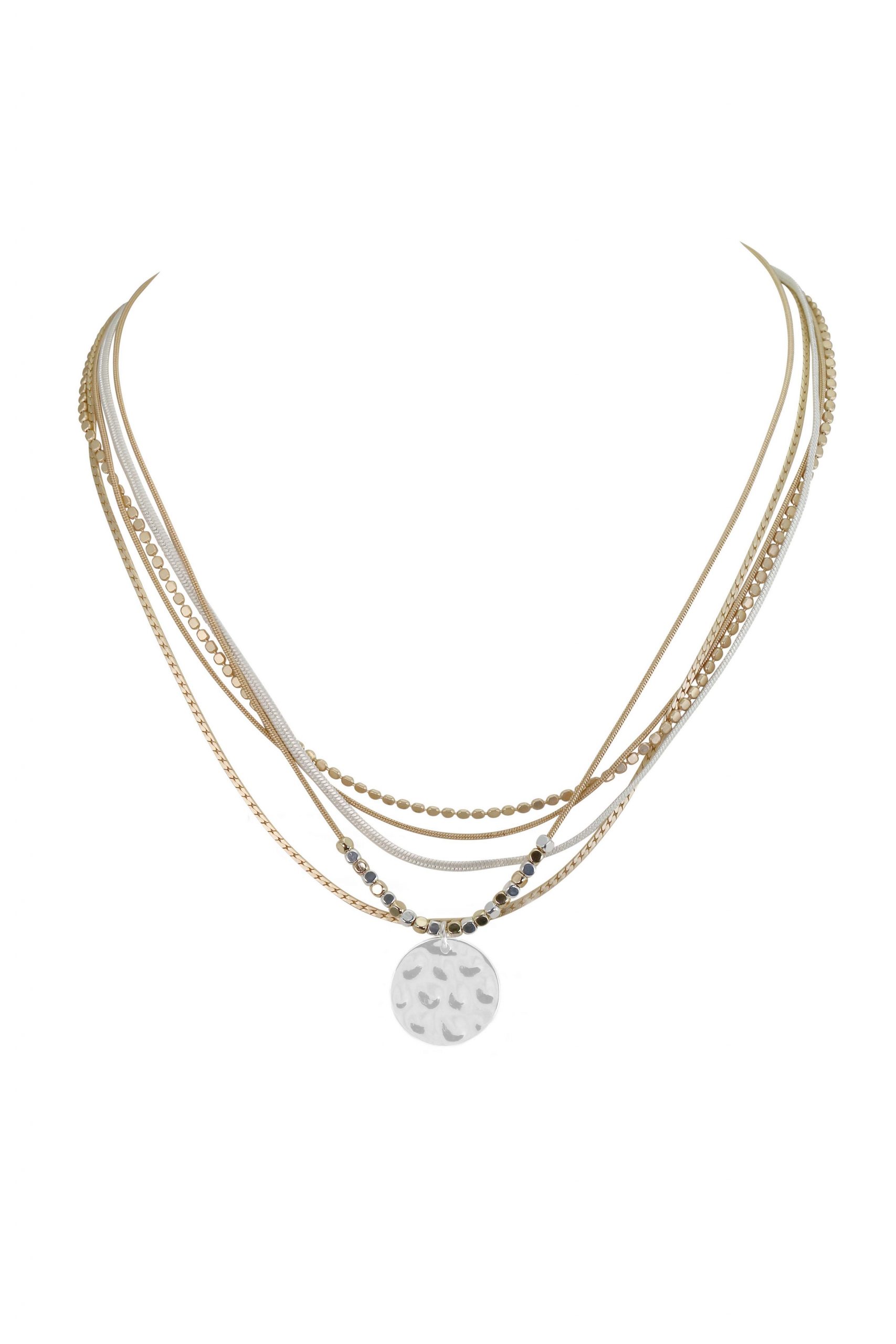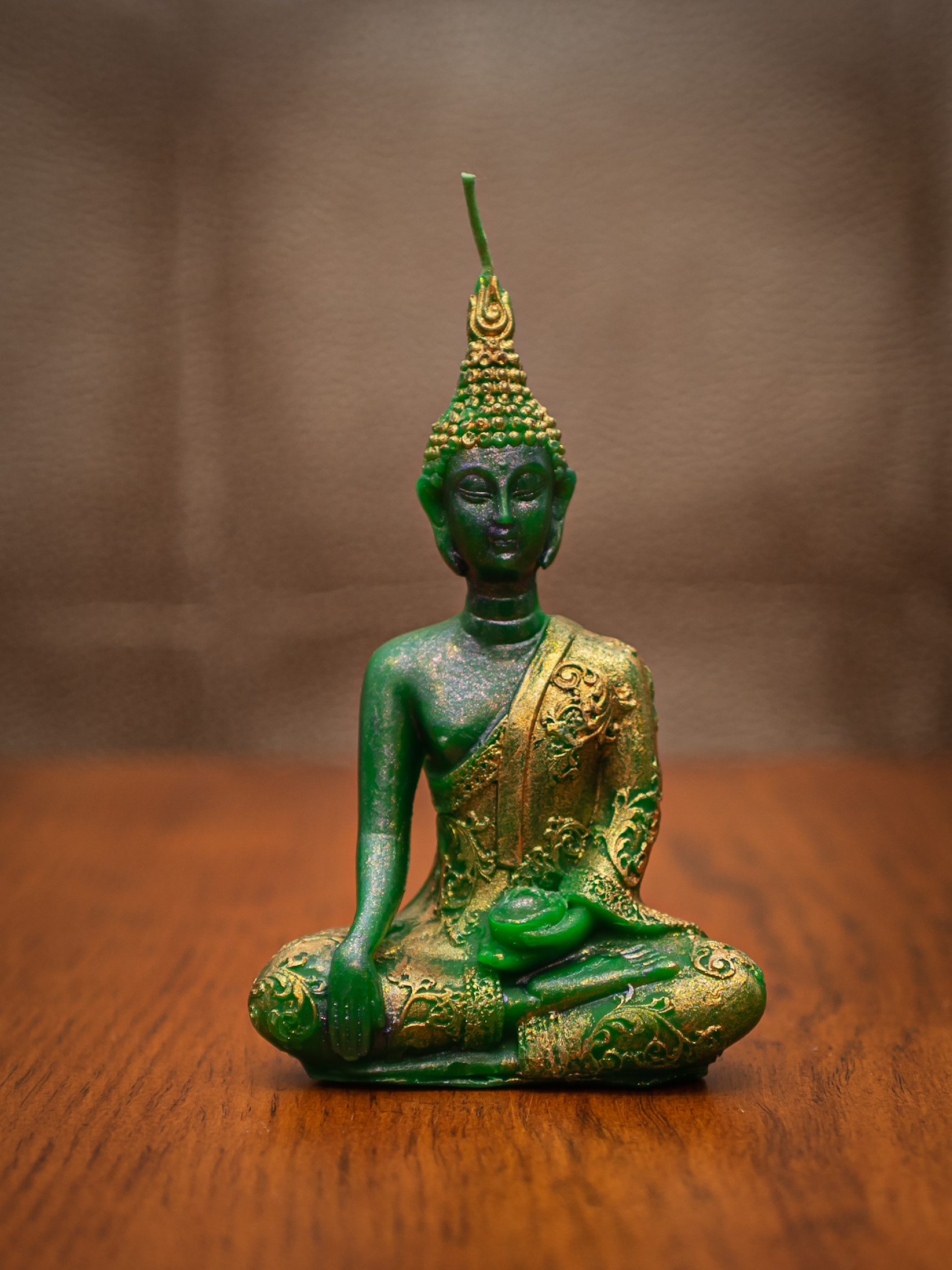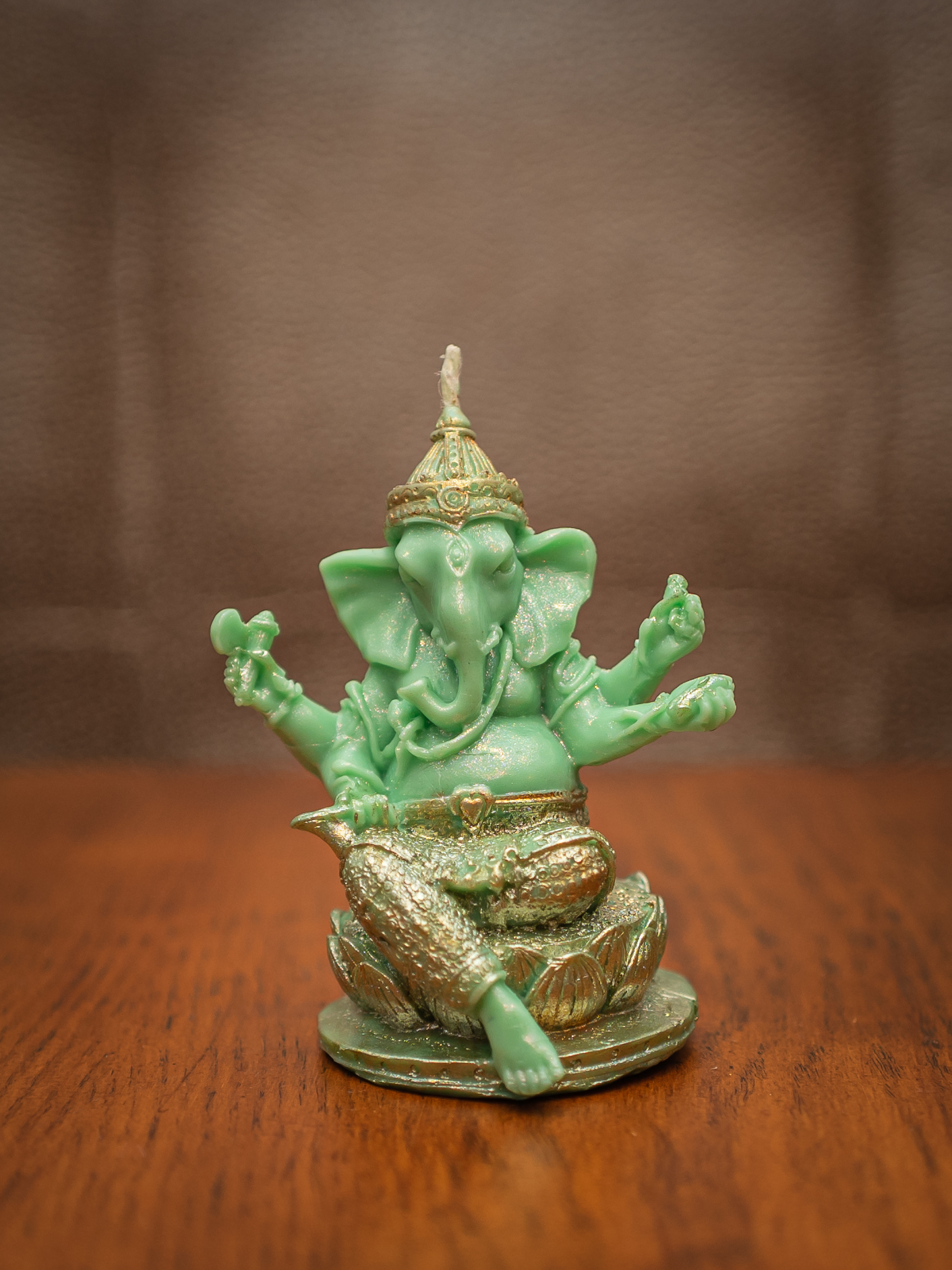I can honestly and truthfully say that I absolutely adore Dove Cameron. She’s an actress and sometime singer who initially got her start on Disney’s empire. I first got to know her when she starred as twins on ‘Live & Maddie’. She then starred in Disney’s movie franchise, ‘Descendants’ alongside Booboo Stewart, Sofia Carson, and the late Cameron Boyce, who passed away in 2019 at age 20 following an epileptic seizure.
Cameron has been open about her grief in the past, but her friend’s passing wasn’t her first experience with loss. Her father passed away by suicide, just before her acting career began, which caused her to suffer from depression and anxiety for many years. The overnight fame she experienced at a young age was also a factor. She recently sat down for an interview on Dax Shepherd’s podcast, ‘Armchair Expert with Dax Shepard’ to shed light on that time in her life. She said, ‘I didn’t really learn how to navigate, um, like, sort of fan attention or public attention for many years. I couldn’t have prepared. I also think like I surprised myself by being more introverted than I anticipated. You truly don’t know until you’re put into that situation. And then you’re like, ‘Oh, I’m very introverted.’ There was so much going on in my personal life… That’s gonna affect any kid. When you’re 15 and that happens, it changes the course of your life. There was no way for me to wrap my head around it. Understand it, conceptualise it. We were at his funeral, and then like, on Bainbridge Island. I would come to work every day and some days would be good and some days would be bad, and everybody was super protective of me. It was kind of like a volatile time in my life in general, just being a teenager, being on TV was a great escape.’
This wasn’t the first time Cameron spoke of what her father’s death did to her mental health. In a 2023 interview with Byrdie, she said, ‘I think it’s important just to say this: I’ve had times in my life when I was incredibly suicidal. And I think that needs to be destigmatized. My father [died by] suicide. I’ve spoken about that a lot. And I always think about how much shame and stigma there is around suicide. And if we could be more open about suicide and mental health, I think there would be so many people [who would say], ‘Hey, I feel like there’s no other option. Can you show me that there are?’’
What Cameron described of her life’s journey following her father’s passing isn’t out of the ordinary at all. Statistics show that in the United States alone, 7,000 to 30,000 children experience their parent’s suicide each year. Due to the stigma associated with suicide, feelings of guilt, and intense grief, surviving family members avoid talking about suicide. Children and adults whose parent or parents hadn’t committed suicide, but struggled with mental illness also experience a range of negative impacts on their mental, emotional, and physical health. These effects can manifest in various ways, including increased risk of depression and anxiety, behavioral problems, difficulties with social skills, and even challenges with their own physical health. Additionally, children may be more likely to develop substance abuse issues or engage in risky behaviors. But if we were to break it down more we in depth:
Impact on children
- Increased risk of mental health issues:Children of parents with depression are more likely to develop depression and anxiety themselves, potentially due to genetic predisposition and learned behaviors.
- Behavioral problems: Children may exhibit oppositional behavior, conduct issues (like stealing or lying), or experience anger outbursts and impulsivity.
- Difficulties with emotional regulation: Children may struggle to develop healthy emotional regulation, leading to challenges in managing their own emotions and understanding the emotions of others.
- Social and academic challenges: Children may experience difficulties with social skills, academic performance, and overall health.
- Parentification: Older children may take on inappropriate responsibilities, such as caring for younger siblings or managing household tasks, due to their parents’ inability to cope with depression.
- Increased risk of substance abuse: Children of parents with depression may be more likely to engage in risky behaviors, including substance abuse,.
Impact on Adults:
- Increased risk of mental health issues: Adults who grew up with a parent experiencing depression may have a higher risk of developing depression, anxiety, and other mental health conditions.
- Relationship difficulties: These adults may struggle with trust and intimacy in relationships, potentially stemming from childhood experiences of parental unreliability or emotional unavailability.
- Difficulty with boundaries: They may struggle to set boundaries or feel comfortable expressing their needs in relationships, potentially due to past experiences of feeling pressured to take on responsibilities beyond their age.
- Increased stress and anxiety: The experience of growing up with a parent with depression can lead to ongoing stress and anxiety, even into adulthood.
- Difficulty managing emotions: Adults may have difficulty regulating their own emotions and understanding the emotions of others, potentially leading to challenges in interpersonal relationships.
- Physical health issues: Parental depression has been linked to poorer physical health and well-being in children, and this may extend into adulthood.
- Substance abuse: Adults who experienced parental depression may be more prone to substance abuse or other unhealthy coping mechanisms.
I resonated with this. My mother struggled with depression. I don’t want to go into too much detail about her struggles as it’s not my story to tell, as well as it being too difficult for w to speak of. What I will say is that growing up watching a parent struggle with depression is one of the most crippling experiences. It’s like…your parent does, but their body is functioning. Their heart is still beating, but their soul is gone. You can’t speak to them. You can’t connect with them. You can only watch them in agony.
I’ve been very fortunate to have my mother still be here. I’m closer to her now than we ever were before. But that wasn’t the case for a long time. It wasn’t the case until I was already in my adulthood. It was only when I turned 20 that I think I had my first ‘normal’ conversation with my mom, and I think it was only when I was well into my marriage, moved out and had my son that I really started to understand my mother and the person and the woman that she is.
My complex relationship with my mother in my childhood and adolescence made me really, and I mean really, think and reflect on what I wanted for my relationship with my son to look like. I knew I wanted it to look different than what my relationship with my mother looked like throughout my childhood and adolescence. That being said, changes in my life needed to be made. I’d struggled with depression long before I even thought of having a child for more reason than one. I’d struggled for years, and with a lot of work and determination, I got through it. I guess I could say that part of the reason for my depression was my mother’s own struggle with the disease, but there was a lot more to it. I was also raped, in which my virginity was taken away from me, I was in multiple abusive relationships, I was diagnosed with a chronic illness. And then, just as I was getting better, postpartum hit me.
I guess to best describe the feeling of postpartum depression, I have to rely on Olivia Munn’s words in a recent interview with Self magazine, where she said that going through postpartum depression was more difficult for her than going through breast cancer. She said, ‘When you stop breastfeeding immediately, your hormones drop, and postpartum can come in like a tornado. I didn’t clock any of that and I didn’t tell anybody about that. Then it was like I fell off a cliff, and I was just falling and falling and falling and falling. It was more difficult than going through cancer. My eyes pop open at 4 a.m. I’m gasping for air. I get the tightness in my chest, and it’s like that all day long. It felt like the end of the world…. It was like when you watch a horror movie — the worst, scariest horror movie you can think of — that’s how my body felt. I was operating normally, but I was feeling very depressed. It kicked into high gear when I hadn’t lost the baby weight, and nothing was fitting. I would see people on social media, people I knew had babies around the same time. I reached out to some of them. And I’m like, ‘How are you in these Valentino shorts and this crop top just running around LA and having the energy to take all these beautiful pictures?’ I didn’t have the energy to fake anything they were faking. I truly would have taken [medication], but by the time I was talking about it, I was so far gone that even if you put a pill in my hand, I wouldn’t have taken it. When the depression or the anxiety takes over you so much, it’s almost like you won’t take the things that will help you. And I could not make any breast milk. I think [that] kicked off the anxiety. I saw—I’m telling you — three lactation coaches. I did the vitamins, the water, the heating…. It would take me all day long to fill up just one bottle.’
And because of the trauma she’d endured following her postpartum depression, Munn decided to welcome her second child, daughter Méi, via surrogate. And you might say to yourselves that she’s an actress, and therefore can afford to make such decisions and shouldn’t even be complaining. But let’s not judge her for her decision to put her own health before anything else. This is a topic that deserves to have an entire blog entry dedicated to it, and we’ll definitely get there. For now, however, we’ll concentrate on a woman’s mental health, particularly following her witnessing her parent’s own mental health struggles that could lead to suicide.
Going back to discuss Dove Cameron, I guess I could say that I’ve connected with her not necessarily because of her work as an actress, particularly a Disney actress, but rather because of her raw openness of her grief for her father. Everything she’d ever said she was feeling, I felt at some point. For my mom. Yes, my mom is alive. Yes, my mom survived depression. Yes, I’m close with my mom (now, as a grown woman). I know I’m fortunate to have her (back) in my life. But when someone belittles my emotions of grieving the years that I didn’t have her, numbness comes through. It’s something that unless one had gone through it, they won’t understand it. I don’t think my mom even understands it. That’s something that Dove Cameron herself would understand.
I’d been told that I’m close with my parents, strictly based on what these people that say that publicly see when they see me and my parents together. There’s really a fine line between what’s assumed and what the reality actually is. I never actually talk about my relationship with my parents with anyone. Even on this blog, this is the most I’ve ever shared about my parents. My husband’s stepmother, when she’d encourage me to get my husband to reconcile with his dad, one of the many things she’d tell me in her speeches is that I’ve had this wonderful relationship with my parents, and therefore have no experience in the complications that come with the complexity of parent-child relationships that she’d gone through or the one my husband and his father had gone through. And to that I said under my breath, ‘Bitch, if you only knew.’ And my husband…my husband is a grown a** man, and he can choose to live his life however he wants, and if he doesn’t want his father in his life, that’s his f*cking choice. His main goal is to be the opposite of a father that his father was to him – in childhood, adolescence and adulthood. He never wants our son to think of him the same as he thinks of his own father. And he’s doing everything he can to make sure he doesn’t. His stepmother should concentrate more on her own children’s lives and their relationships with their father rather than push me or him to do everything her way because she thinks she knows everything there is to know.
One thing that my husband’s stepmother got right was that parent-child relationships, especially when the child is already an adult, can most certainly lead to complexity. This complexity is characterized by a mix of solidarity and conflict, autonomy and dependence, and often involve a generational gap in expectations and values. These relationships can be further complicated by issues like emotional manipulation, blame games, and the need for boundaries. To break it down more thoroughly:
- Generation Gap and Differing Expectations: The differences in values, priorities, and life experiences between parents and their adult children can create misunderstandings and conflicts.
- Emotional Manipulation: In enmeshed family systems, parents may exert undue control over their adult children, hindering their autonomy and personal growth.
- Blame and Lack of Empathy: Adult children may blame their parents for past problems, while parents may dismiss their children’s feelings, leading to further strain.
- Boundaries and Autonomy: Establishment of healthy boundaries is crucial for adult children to have their own lives and make independent decisions. If these boundaries are broken by the parents, the child, more particularly the adult child, will go no-contact.
- Shame and Communication: Shame can prevent open communication about conflict or estrangement, making it difficult to address problems effectively.
- Miscommunication and Lack of Active Listening: Miscommunication can hinder the development of a healthy and positive bond
Dove Cameron herself spoke of her complex relationship with her father before he passed on the ‘Armchair Expert’ podcast. As a child, she said she thought he didn’t love her; like when she’d try to hug him, but he’d push her away – almost exactly like my mom. But one thing she did say which makes a whole lot of a difference between a parent who cares and a parent who doesn’t was that he tried. And that’s exactly why my mom and I have a relationship despite our hardships, whereas my husband doesn’t have one with his own father. In fact, the 6 reasonings mentioned above as to why a parent-child relationships can be so complex are exactly why my husband chose to go no-contact with his father.
Perhaps the most emotional and touching moment from the entire ‘Armchair Expert’ podcast was when Dax Shepard saw one of Cameron’s tattoos which read, ‘We’ll be friends forever’ in tribute to her father. Shepard revealed, while shedding tears, ‘You did make me cry today seeing the tattoo you got. I have little girls, and I say that same thing to them all the time. If they had to tattoo that on them at some point because something went sideways, you know? It is just heartbreaking. Oh my god. I say that to them every day on the way to school. I’m like, ‘You know we’re going to be best friends for the rest of your — my life… ‘We’re best friends from this day until the end.’’ To which Cameron replied, ‘That’s what it should be… I truly was best friends with my dad. He tried his best.’
That’s exactly how it is. Parents who struggle with depression don’t lack empathy because they choose to lack empathy. They’re not capable of connecting and showing their love for their children because they choose to. It’s their brain. When a person goes through depression and/or anxiety, the brain works drastically differently. Key changes include altered neurotransmitter levels, structural changes in brain regions like the hippocampus, and variations in brain connectivity. To put more precisely:
Brain Chemistry:
- Neurotransmitter Imbalances: Depression is often linked to imbalances in neurotransmitters like serotonin, dopamine, and norepinephrine, which play crucial roles in mood, motivation, and sleep.
- Hormonal Changes: Stress hormones, such as cortisol, can also be affected in depression, further contributing to the mood disorder.
Brain Structure:
- Gray Matter Volume Changes: Some studies suggest that individuals with depression may have reduced gray matter volume in specific brain regions, including the hippocampus and prefrontal cortex.
- Shrinking Brain Areas: Depression can lead to shrinkage of certain brain areas, particularly the hippocampus, which is involved in memory and mood regulation.
Brain Function:
- Changes in Brain Connectivity: Depression may be associated with altered connectivity patterns in the brain, including reduced connectivity in the frontoparietal network and increased connectivity in other areas.
- Hyperactivity in the Amygdala: The amygdala, a brain region involved in emotional processing, may be hyperactive in individuals with depression, potentially leading to heightened emotional reactivity.
- Dopamine System Dysfunction: Dysfunction in the dopamine system, which plays a role in reward and motivation, can contribute to the loss of pleasure and motivation in depression.
Depression – a complex disorder in itself. I’ve been intrigued to learn more and more about it. I’ve especially been eager to learn more about brain health. It’s been scientifically proven that the body and the mind are inter-connected. They’re practically one dimensional. Thoughts, feelings, and beliefs can affect physiological functions like heart rate, blood pressure, and immune responses, while physical sensations and conditions can impact mood and cognitive function. This interplay is crucial for overall well-being. I especially got to experience this connection following my epilepsy diagnosis. Seizures can be triggered by thoughts, emotions and everything in between. Seizures can even be triggered by depression, and vice versa – depression can be caused by seizures.
Khloe Kardashian just recently released a podcast episode for ‘Khloé in Wonder Land’ on just that. Her guest was Dr. Amen, CEO of the Amen Clinic, a psychiatrist and brain disorder specialist, and together with him, she unpacked brain health and trauma by going over her brain scans and unpacked some of the emotional and physical trauma they were able to see in the results. Kardashian was involved in a serious car accident when she was 16 years old, and while describing it in the episode, she described, ‘I had a car accident at 16, and I went through my windshield with my head, and my lower body was stuck under the steering wheel. I was knocked out, and so I believe that’s definitely probably what that is.’ Dr. Amen said, ‘Mild traumatic brain injury is a major cause of psychiatric problems, and nobody knows about it because nobody’s looking at the brain. That one accident can literally change the trajectory of someone’s life. Trouble in the front and you hurt your opposite side temporal lobe which could be involved in mood and memory and anxiety and irritability. So likely what happened is your head hit the windshield probably the left side of your head, but the force went toward the right side of your skull, so it was probably this kind of impact to your brain.’
Yes, it’s absolutely true. No one ever looks at brain health when treating a patient for a car accident; only the physical scars. That’s exactly what I’m in the position I’m in now at this moment. No doctor looked at my brain. After doing some tests, I was told I had a mild concussion and there was nothing to worry about. But I did. I did have something to worry about. About a year after that car accident, I suffered a grand-mal seizure. And what was even more scary was that I suffered a seizure on the road. I was on my way to a doctor’s appointment. I wasn’t the one driving, but I was supposed to be. I was too lazy to drive that day, so I asked my husband to give me a ride. That one decision most likely saved my life; as well of others’ on the road. It’s just sad to me that my entire epilepsy diagnosis and everything I’d gone through thereafter was due to medical negligence and was completely avoidable. And yet, it happened. I’ve had to live with it. I’ve had to survive it. To say that I’m grateful would be an overkill, but there’s some beauty in it, which is that everything that had happened following the car accident forced me to live a healthy lifestyle that I wouldn’t have otherwise. I get to learn so much about my body and its strength that I wouldn’t have otherwise. I get to teach my son lessons that I wouldn’t have gotten to otherwise. Life is still good in spite of it all. It’s just about perspective.
I watched Kardashian’s interview with Dr. Amen to its entirety, and it was so mind blowing. I feel like I’d gotten to know my brain so much more thoroughly than I ever did before, and it’s all thanks to him. While listening to the episode, I had this epiphany- my relationship with my brain is a love affair; or at least it should be. It’s saddening to even think about the fact that brain health isn’t taken more seriously. In fact, instead of calling someone’s depression or anxiety a mental illness, it should be called brain health. When someone says you’re mentally ill, you’re probably going to start thinking that you’re crazy. But you’re not. It’s your brain telling you that it’s not in great health. The fact of the matter is that the general public doesn’t brain health seriously, and it’s because the brain isn’t something that’s physically seen. Scars and wrinkles can be seen; but not the brain. And we don’t even start thinking of our brains until our brain activity starts affecting us physically. And nevertheless, when we go to a doctor to voice our concerns, our brains aren’t taken much into consideration.
Dr. Amen then spoke of one getting their brain healthy for the children, as well as of one getting their kids to love their brain. This got me thinking of my own son, how I needed him to see me working on my brain and loving my brain, and how I’d want him to get to love his brain. According to Dr. amen, it’s the secret to effective parenting. He talked about how parents could teach their kids to avoid trying that could hurt the brain, such as avoiding drugs and alcohol, eating healthy, and exercise, getting enough sleep, learning new things every day, avoiding overexposure to screens, and taking supplements. It’s all great advice, of course. But I’d like to add something to it, and it’s to start journaling. If not for yourself, then for your kids. It’s something Dove Cameron also encouraged more parents to do during her appearance on the ‘Armchair Expert’ podcast. She said that as she watched her father struggle with depression, she’d question whether her father even loved her in the first place, and it was only reading his journals following his death that gave her the answers that she was so desperately looking for.
And I’m not saying that a parent should do this only if they’re suicidal or only if they’ve suffered from depression. ALL parents should do this. As people, we only get to know our parents when they’re older, and by reading their journals, we get to know their thoughts, their feelings, their perspectives, their vulnerabilities; things that they probably wouldn’t have shared otherwise. I would’ve loved it if I had my mom’s journals to read to get to know that side of her; get to know that side of her during the time when we didn’t have the typical mother-and-daughter relationship. I would’ve loved to know her real thoughts about me during that time. It’s almost like a math equation. It’s putting two and two together as to what’s made our parents become who they’d become. I do feel close to my mom…now. But I also feel that so much time between us was lost because I couldn’t connect and I couldn’t understand where she was coming from.
That’s why I make it a priority to journal. It’s a writing that’s not for anyone but my son, or my second child if I have that, to see. It’s writing that my son will get to read and feel. It’s writing that will give him the opportunity to never question my love and adoration for him. It’s an opportunity for him to be able to connect with me and get to know me on a deeper level. It’s an opportunity for him to be able to do all that much sooner than I did with my mom. And of course, I’ll do all that with him in person. But my writing will be for him in a case where I don’t feel like I can express everything I want to express to him.
And I’d also add another pointer to Dr. Amen’s list, and it’s to make sure that you, as a parent let your kids watch you work on your mental health. Time and time again, I watched my mom work hard on her ‘brain health’, and now, as an adult, I have such an appreciation for it. It’s now helping me work on my own brain health and not ever feel ashamed of it. That’s something I aim to do with my son now. I now encourage him to watch me work on my health. I work out every day for half an hour, and I have him watch me. Even if he’s in my way, I have him watch me, and everyday I tell him, ‘Mommy’s working on her health.’ By doing so, I’m normalizing the concept of mental health, I’m demonstrating healthy coping mechanisms, and I’m even building resilience in my son. But to break it down more thoroughly and in a more generalized manner:
- Normalizes Mental Health: Seeing parents address their emotions and well-being, whether through therapy, exercise, or other activities, can help children understand that mental health is a natural part of life, not something to be hidden or ashamed of.
- Models Healthy Coping Mechanisms: When children observe their parents manage stress or difficult emotions in a constructive way, they learn valuable skills for navigating their own emotions and challenges.
- Builds Resilience: Witnessing parents navigate difficult situations and take care of themselves can teach children that they too can cope with adversity and build resilience.
- Reduces Parental Stigma: By openly addressing their mental health, parents can help reduce stigma surrounding mental health issues and encourage children to seek help if they need it.
- Strengthens Parent-Child Relationship: Open communication about mental health can foster a stronger, more trusting bond between parents and children
I want to be as transparent and honest as I possibly can with my son. I only wish I started doing all the work I’m doing now earlier. With that said, while I understand that transparency and honesty with my son is important, it’s also important to have boundaries. Finding a balance between honesty and protecting my son’s own well-being is something that’s to never stop being essential. All I want is for my son to know that I’m trying my hardest through my struggles; just like Dove Cameron knows that her father did, in fact, try his best.
Our Most Popular Posts
Sign up to our newsletter if you want to see more content from The Graceful Boon! By signing up to our newsletter, you'll get an even more in-depth content from yours truly, Stacie Kiselman, who's our Graceful Boon, that you won't want to miss out on.

